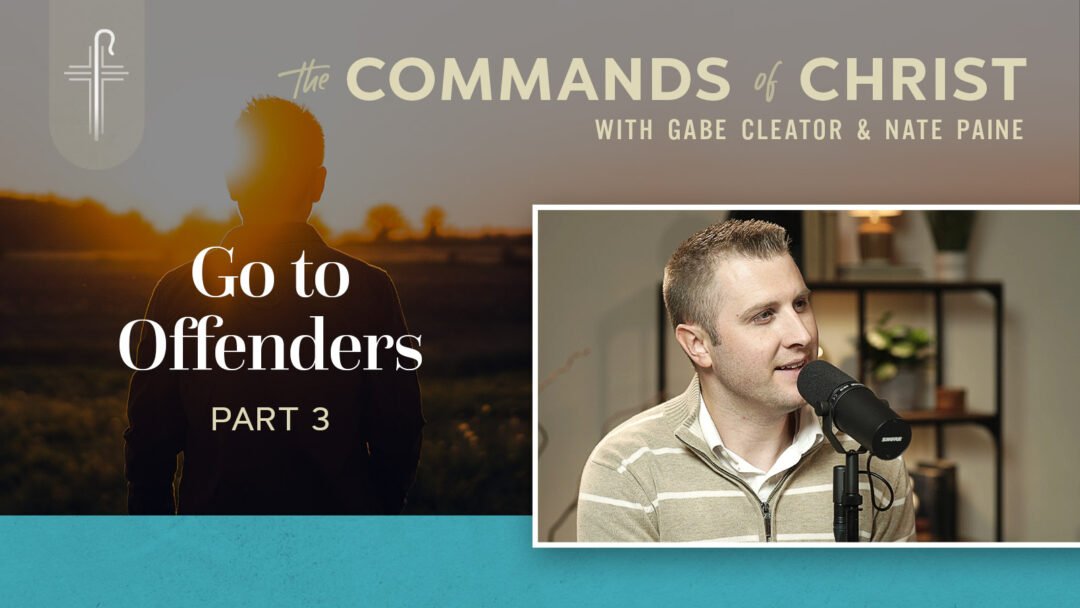In the growing darkness, Lake Erie’s waves crashed against the shore near Cleveland, Ohio. The lighthouse keeper was responsible to keep the beacon at the top of the structure lit. He also would light a row of smaller oil lanterns along the shoreline to guide ships into the channel toward the harbor’s safe haven. With each nearing storm, the lighthouse keeper would painstakingly go from lantern to lantern, filling and lighting each one. Despite the great beacon, without the smaller lights to lead the ship through the narrow passageway, the vessel would wreck upon the rocks.
One particular evening the lighthouse keeper did not light the shoreline lanterns. During the night, a violent storm arose. Amidst the turbulent waves and howling winds, a ship’s captain tensed. His old pilot gripped the helm. As the pilot struggled to steer, the captain anxiously peered into the darkness.
“Are you sure this is Cleveland?” he asked the pilot.
“Quite sure, sir,” replied the pilot, gripping the wheel.
“But where are the lower lights?” questioned
the captain.
“They are out, sir,” was the terse, despairing reply.
One last question remained. Finally, the captain asked, “Can you make it?”
“We must sir, or we’ll perish.”
Determinedly, the pilot blindly tried to steer the ship into the channel without the lights that should have been shining brightly to guide him. But the ship missed the narrow channel and crashed against the rocks. Many lives were lost because one man did not do his job.
A young man, Philip P. Bliss, read with horror the headlines and how one man’s negligence had been so deadly. Later, Mr. Bliss heard evangelist D. L. Moody refer to the tragedy in a sermon. Mr. Moody closed with: “Brethren, the Master will take care of the great lighthouse; let us keep the lower lights burning.” Mr. Bliss told a friend afterward, “. . . When I heard Mr. Moody use it as an illustration in his sermon that night, I cried out in my heart, ‘Bliss, you are just as guilty as the man in the story. As a Christian, you are to be one of the lower lights shining brightly so that some poor soul tossed about on the sea of life may find safety and everlasting life in the haven that God has prepared.’” Within a week, Mr. Bliss had written the hymn “Let the Lower Lights Be Burning.”
We are entrusted with responsibilities as well. Just as the captain and crew depended upon the lighthouse keeper, people are depending on us. Are we showing responsibility by shining for Christ in this dark world, sharing the way of safety with people who are drowning in sin? Do we keep our “lights” shining so they may find peace in Jesus Christ?









